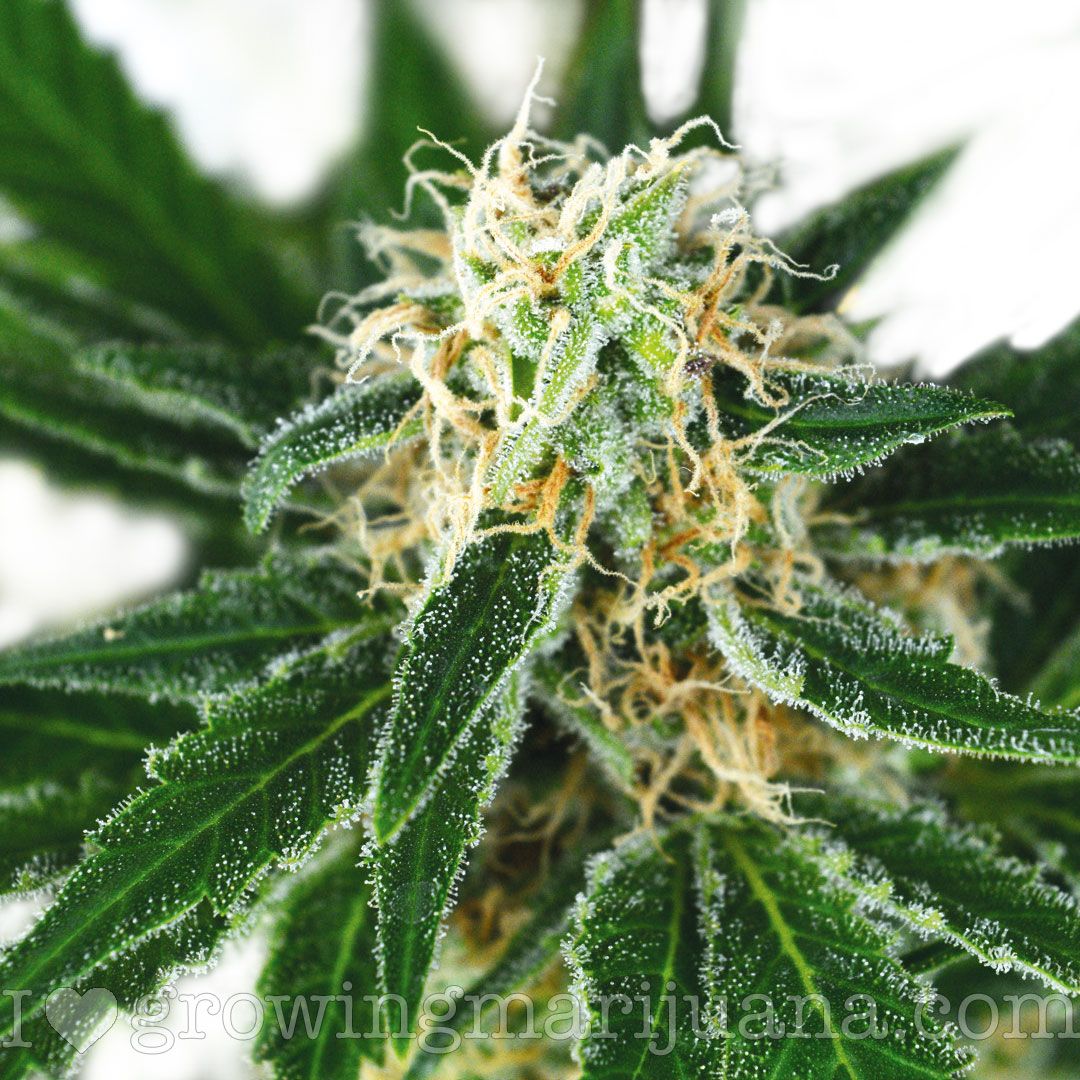Introduction:
The legalization of cannabis in Canada in 2018 marked a sizeable shift in the country’s lawful and social framework. With this change came the regulation of numerous features of the cannabis sector, like the cultivation and sale of cannabis seeds, together with those of the common Indica strain. Being familiar with the authorized landscape encompassing Indica seeds is vital for growers, people, and policymakers alike. In this article, we’ll delve into the nuances of Indica seeds laws in Canada, exploring its evolution, latest position, and implications.
Evolution of Hashish Legislation in Canada:
Just before diving into the particulars of Indica seeds legislation, it truly is crucial to have an understanding of the broader context of cannabis regulation in Canada. Historically, cannabis was prohibited beneath the Narcotic Command Act of 1923, with stringent penalties for possession, cultivation, and distribution. Even so, attitudes in the direction of hashish commenced to change in the late twentieth century, leading to phone calls for its decriminalization and eventual legalization.
The turning issue came in 2018 when Canada became the very first G7 country to legalize leisure cannabis nationwide via the Hashish Act. This landmark laws allowed adults to possess and acquire hashish products and solutions from certified shops, paving the way for a controlled hashish industry. Along with the legalization of hashish, the cultivation and sale of hashish seeds, such as people of Indica strains, turned subject to governmental oversight.
Legal Status of Indica Seeds in Canada:
Beneath existing Canadian law, the legal status of Indica seeds aligns with the regulations outlined in the Cannabis Act and its connected regulations. As these kinds of, people today and entities seeking to cultivate cannabis, including Indica strains, need to adhere to distinct licensing demands and restrictions set forth by Health Canada, the country’s federal health and fitness division.
Accredited producers perform a central job in the lawful distribution of hashish seeds, such as these of the Indica wide variety. These producers ought to attain the important permits and comply with stringent laws governing cultivation, packaging, labeling, and distribution. Furthermore, retail outlets licensed by provincial and territorial governments can provide cannabis seeds to buyers for own cultivation purposes.
It is truly worth noting that though the cultivation of cannabis for personalized use is legal in Canada, there are limits with regards to the range of plants that can be developed for every home. For illustration, less than federal regulations, grown ups can grow up to 4 cannabis plants for every home for particular use. Even so, provinces and territories have the authority to impose more restrictions or rules, so it is really crucial to seek advice from area rules in advance of undertaking any cultivation actions.
Difficulties and Criteria:
Regardless of the legalization of hashish and the regulation of Indica seeds in Canada, many troubles and criteria persist. Bonuses of the principal concerns is the proliferation of unlicensed cannabis cultivation, which undermines the legal framework and poses pitfalls to public health and fitness and security. Illicit cannabis cultivation not only circumvents regulatory oversight but also deprives governments of tax earnings and fosters black-marketplace exercise.
Moreover, the legal status of hashish in Canada stays a sophisticated and evolving concern, with ongoing debates and conversations surrounding different facets of regulation, together with potency boundaries, marketing limits, and impaired driving regulations. These debates usually intersect with broader social, financial, and general public overall health criteria, underscoring the require for proof-dependent policymaking and continued dialogue between stakeholders.
Yet another thought is the impact of legalization on Indigenous communities, who have traditionally been disproportionately afflicted by hashish prohibition and enforcement insurance policies. Recognizing the exclusive rights and interests of Indigenous peoples, the Canadian government has emphasized the value of Indigenous participation in the authorized cannabis field via initiatives this sort of as the Indigenous Navigator Software.
Long run Directions:
On the lookout forward, the lawful landscape encompassing Indica seeds and hashish in Canada is very likely to go on evolving as policymakers, sector stakeholders, and the community grapple with rising issues and priorities. Just one spot of emphasis is the possible enlargement of hashish items and derivatives, including edibles, concentrates, and topicals, which have been legalized in 2019.
Moreover, ongoing study into the therapeutic properties of cannabis, which includes Indica strains, may well notify long run regulatory choices and health-related applications. As scientific being familiar with advances, policymakers may revisit present rules to make sure they align with the latest evidence and most effective tactics.
Conclusion:
The legalization of cannabis in Canada has ushered in a new era of regulation and oversight, which include the cultivation and sale of Indica seeds. Whilst substantial development has been manufactured in setting up a authorized framework for the hashish industry, problems and factors continue to be. By navigating the lawful landscape thoughtfully and collaboratively, Canada can continue on to uphold its determination to community wellness, safety, and social duty in the era of legal hashish.


